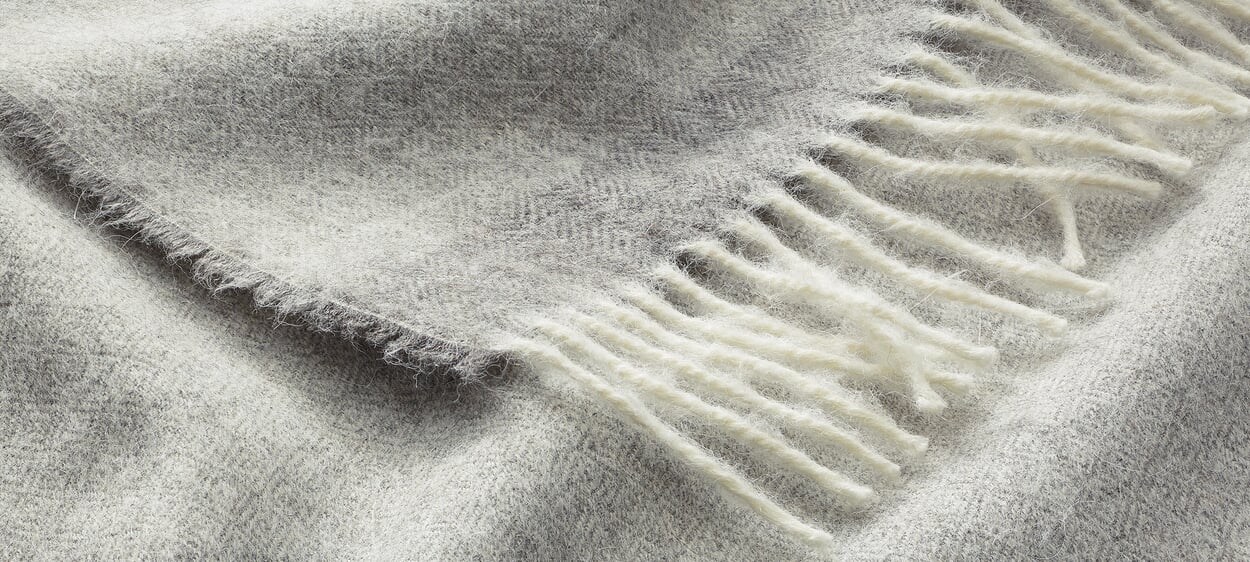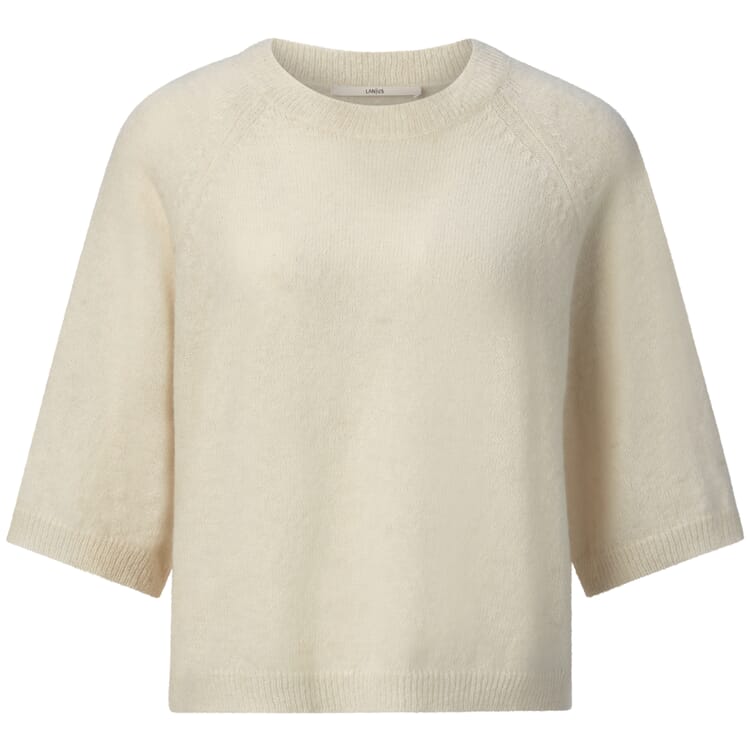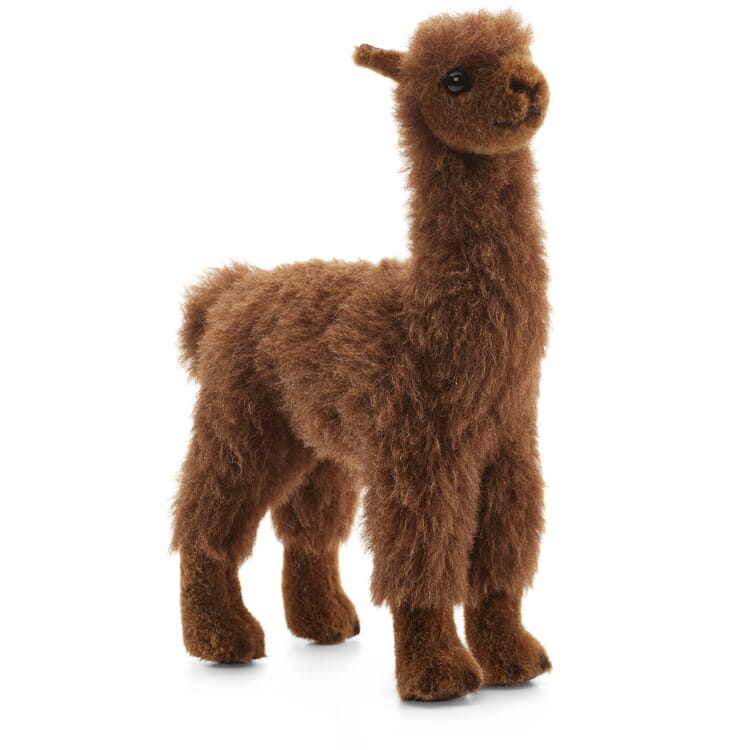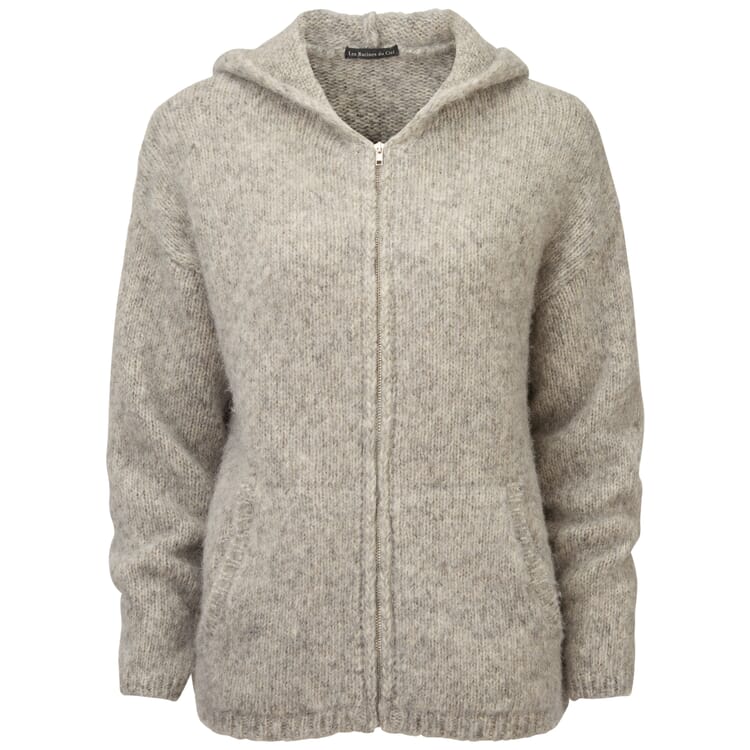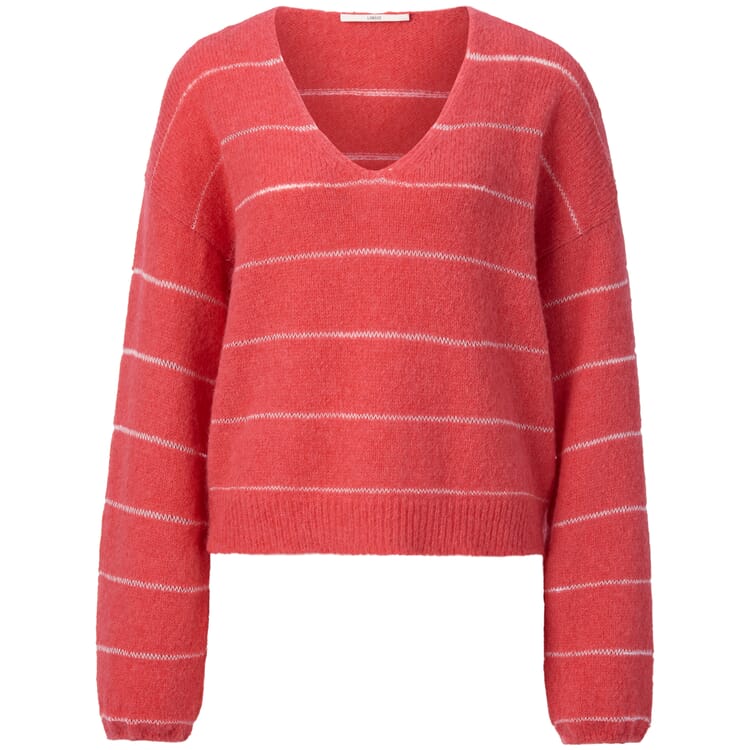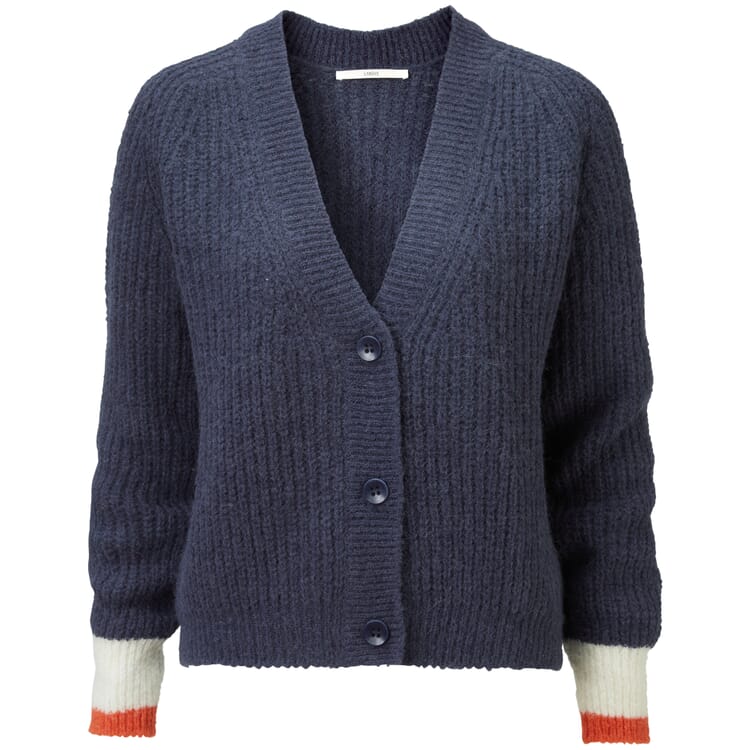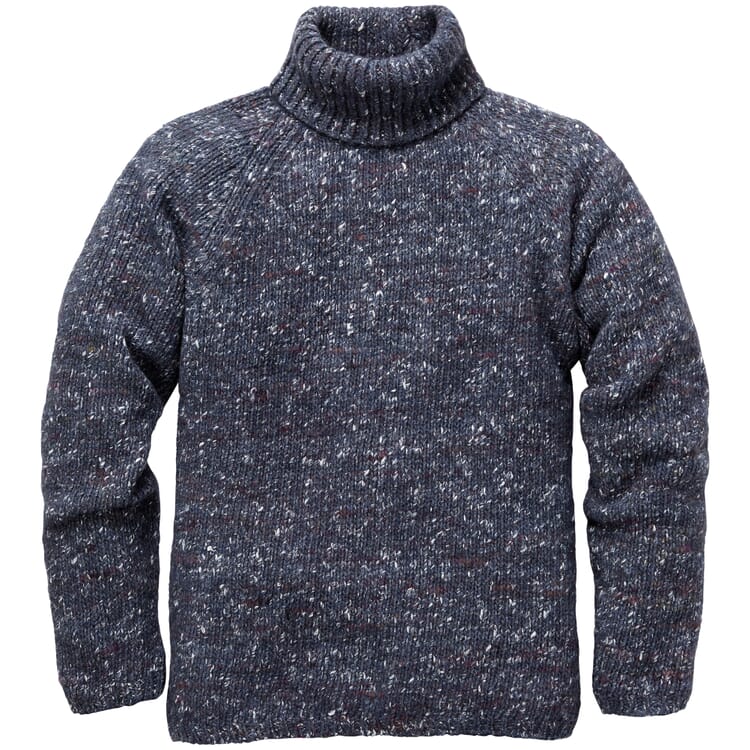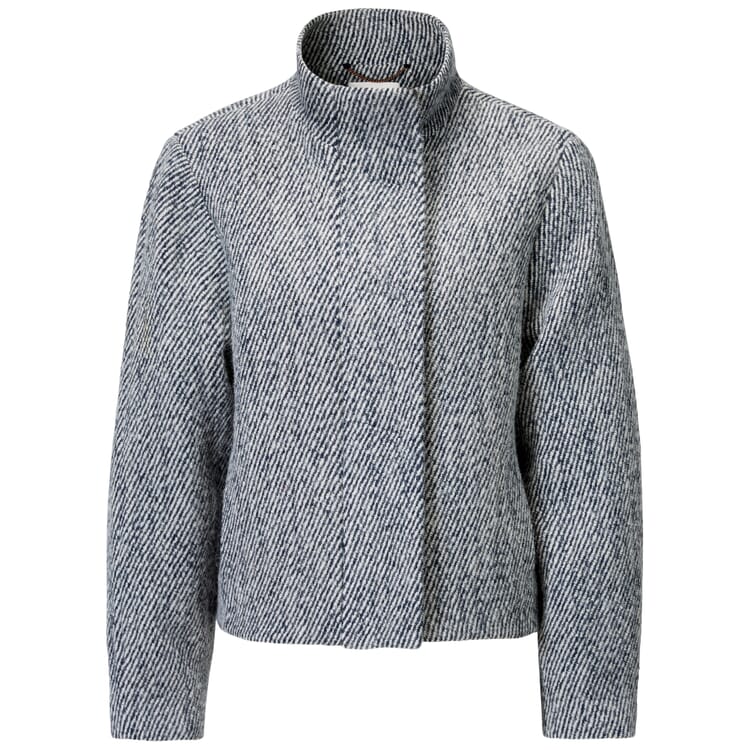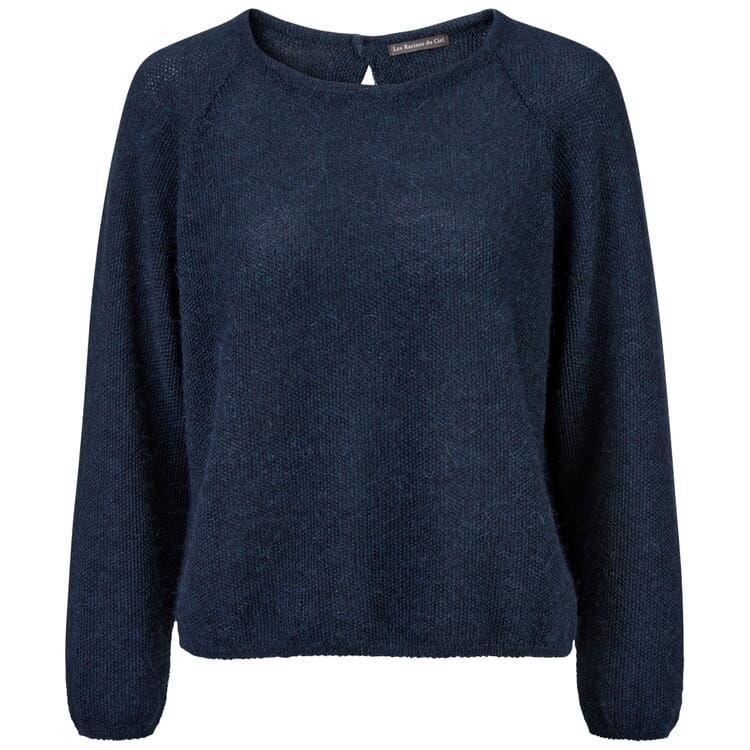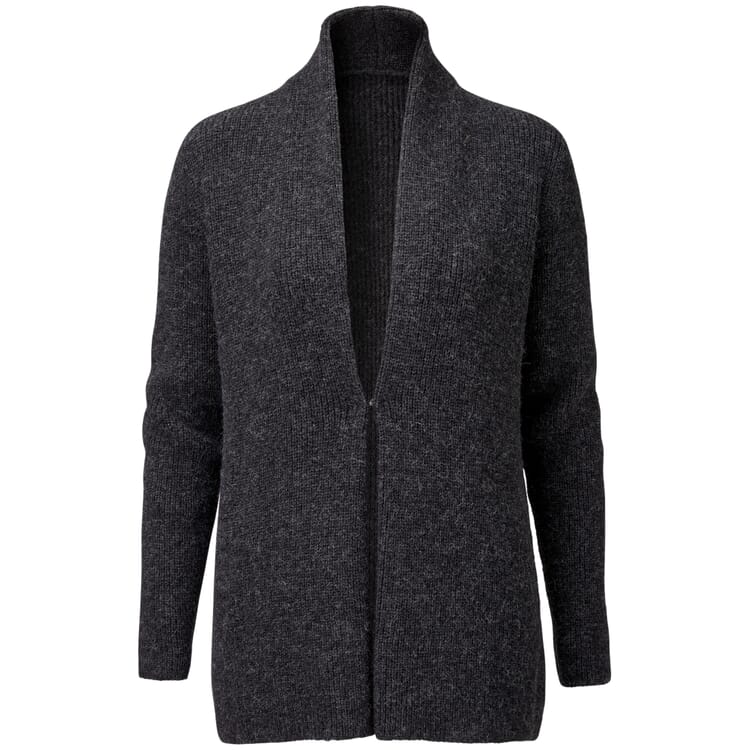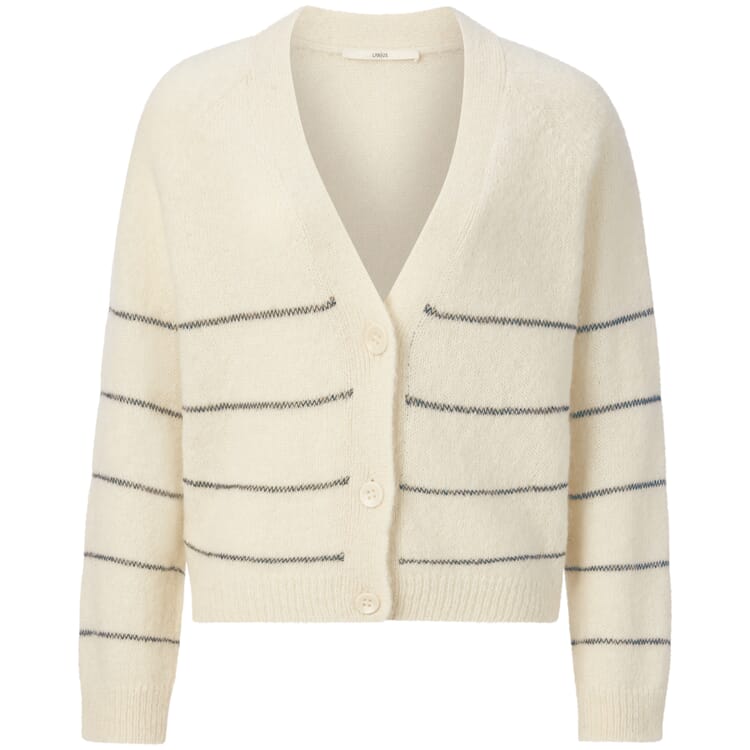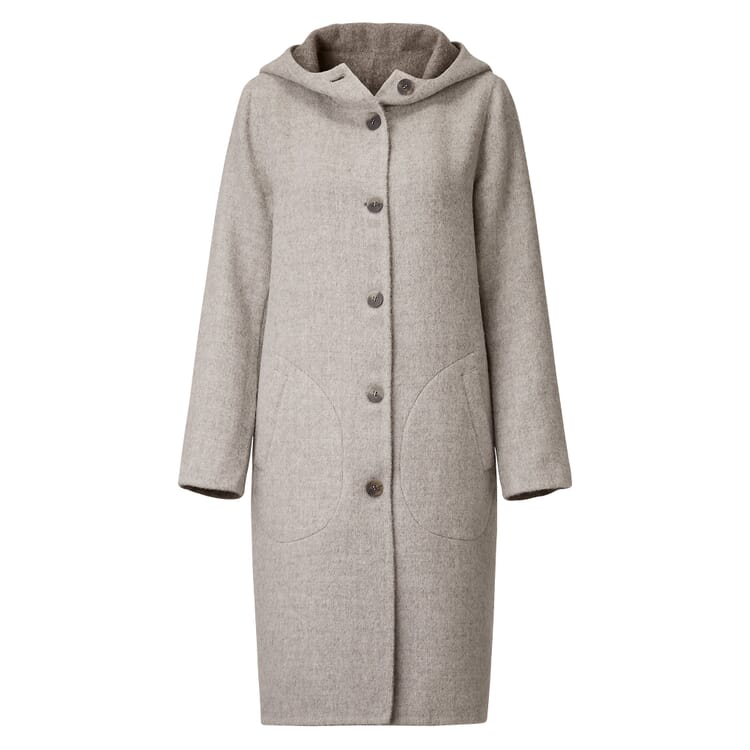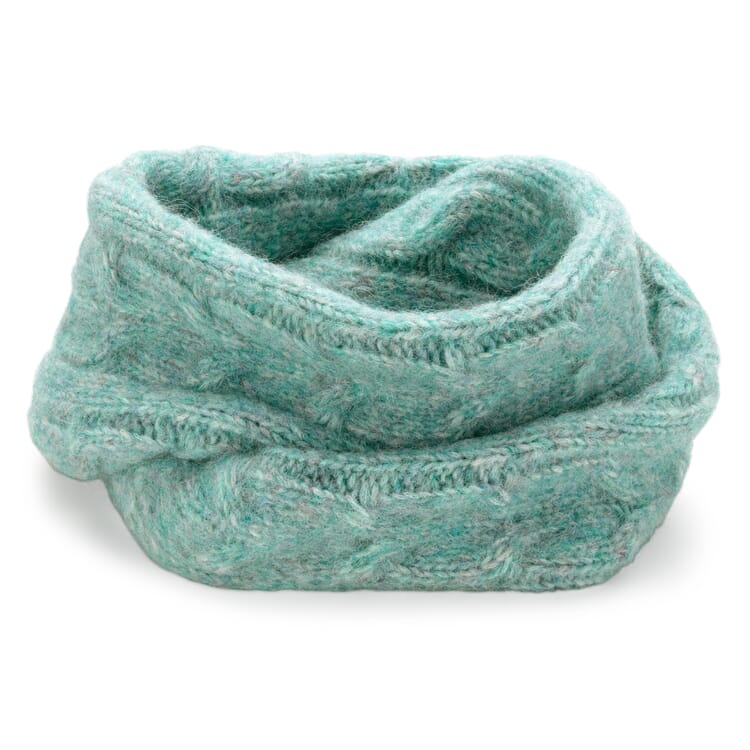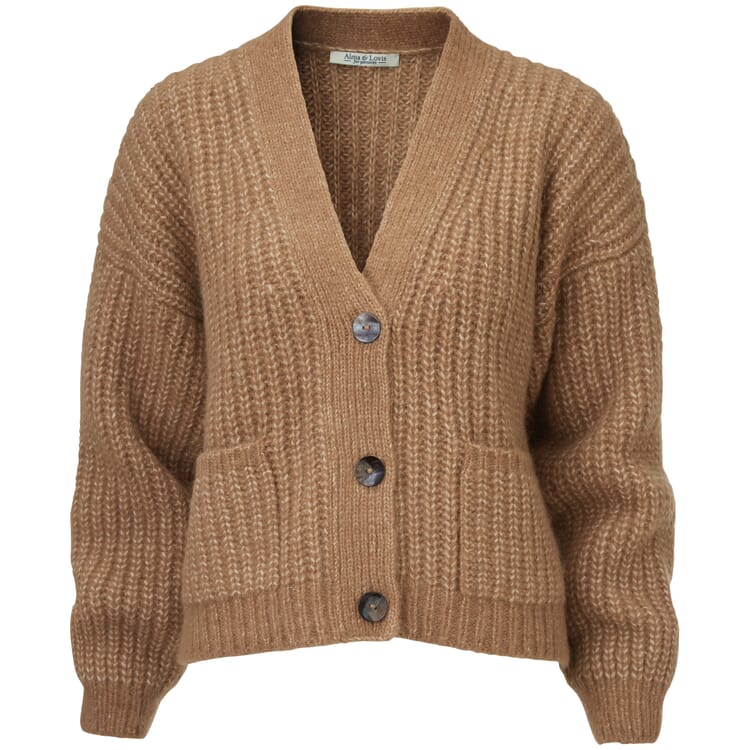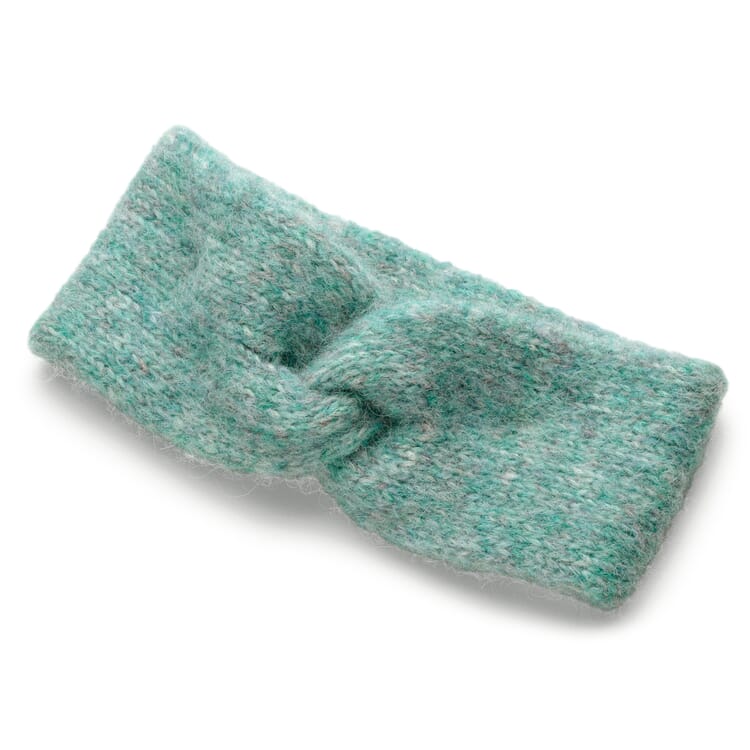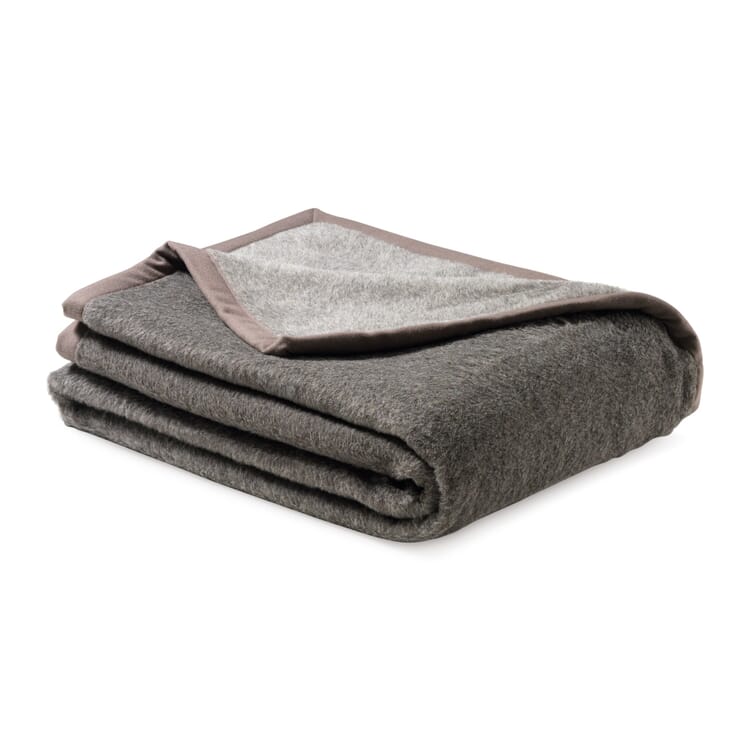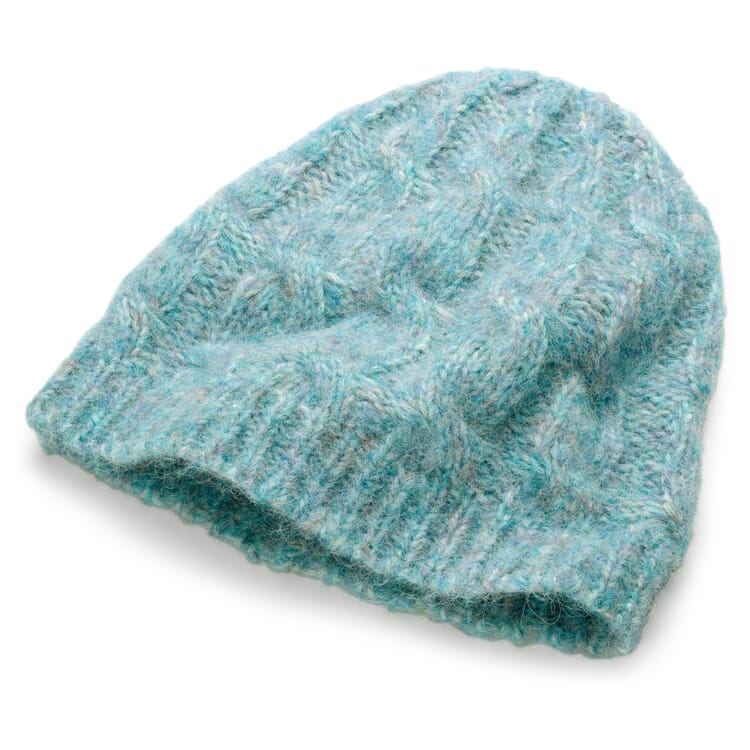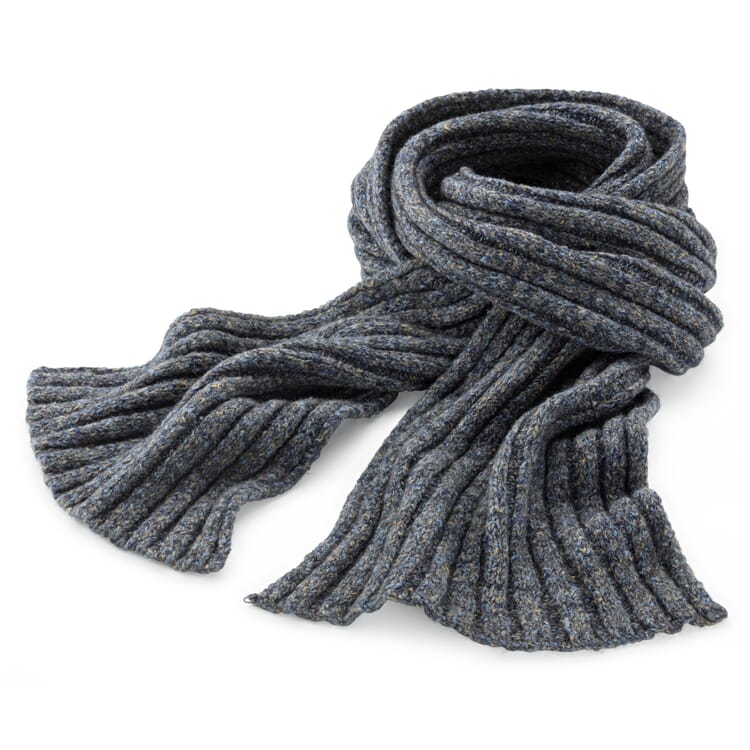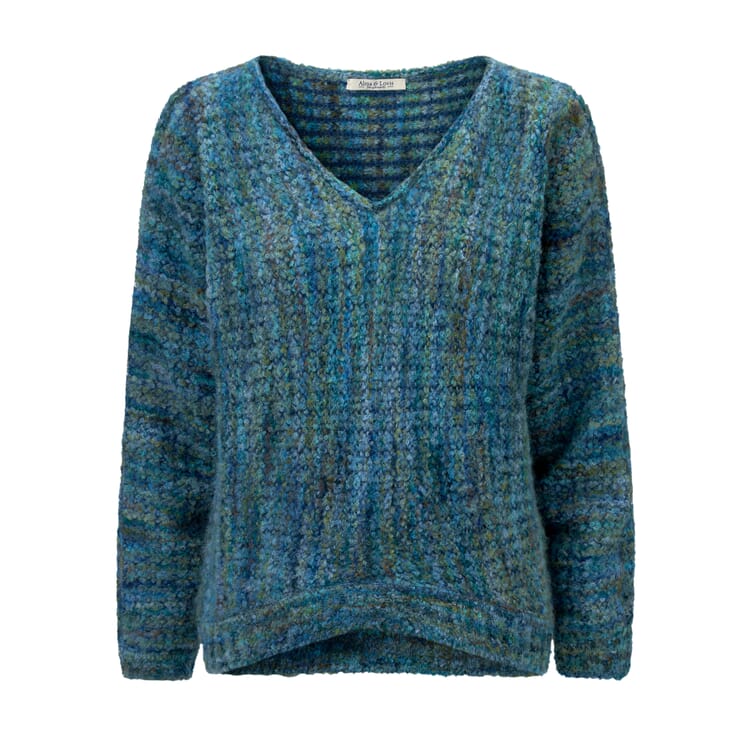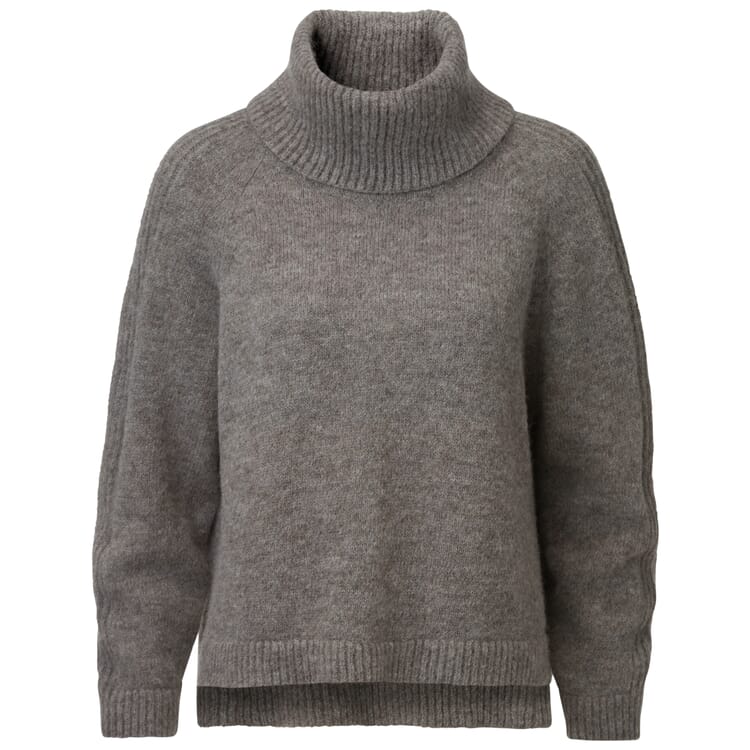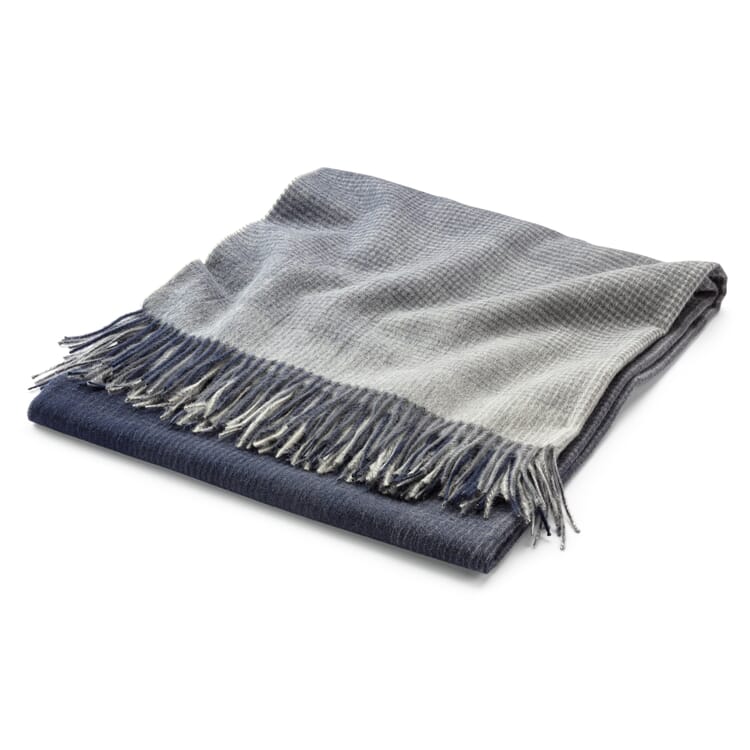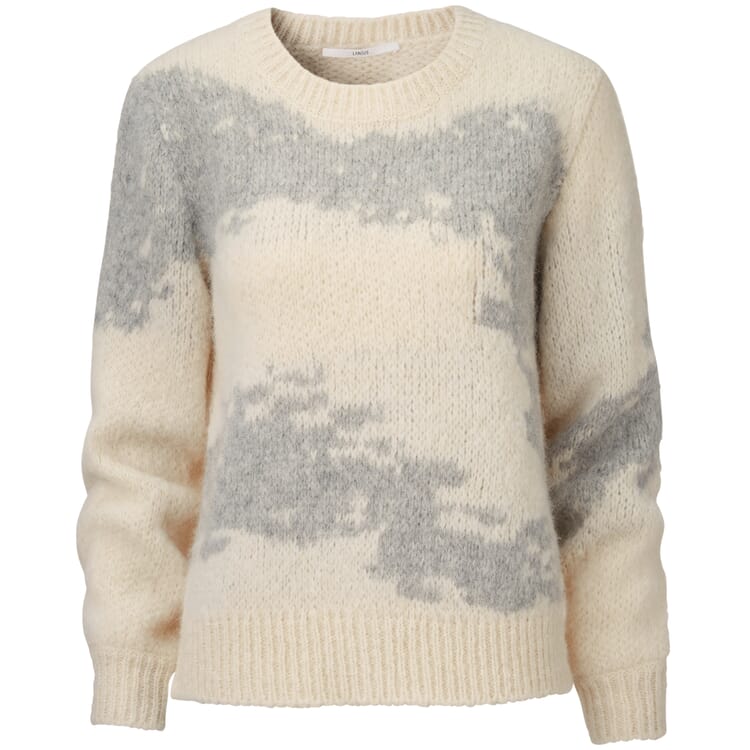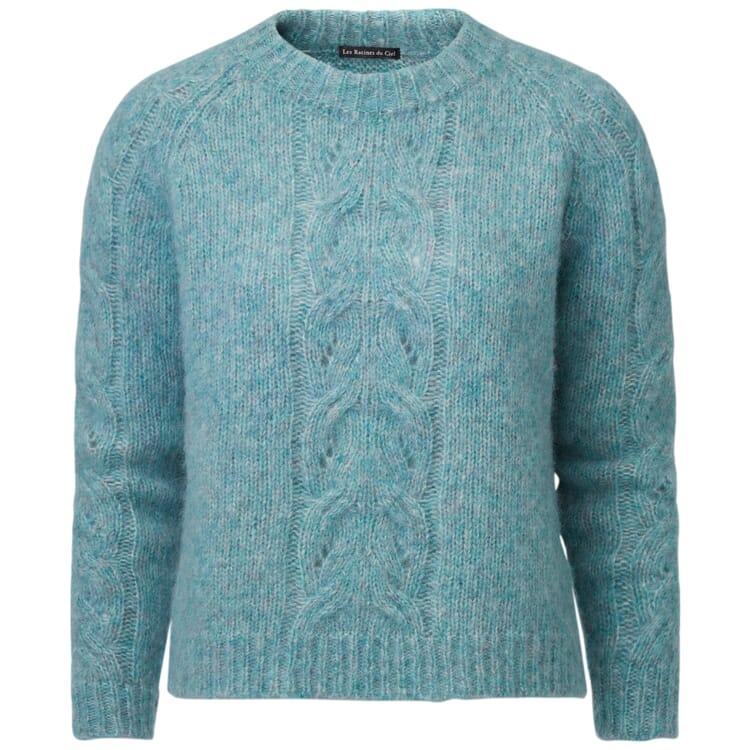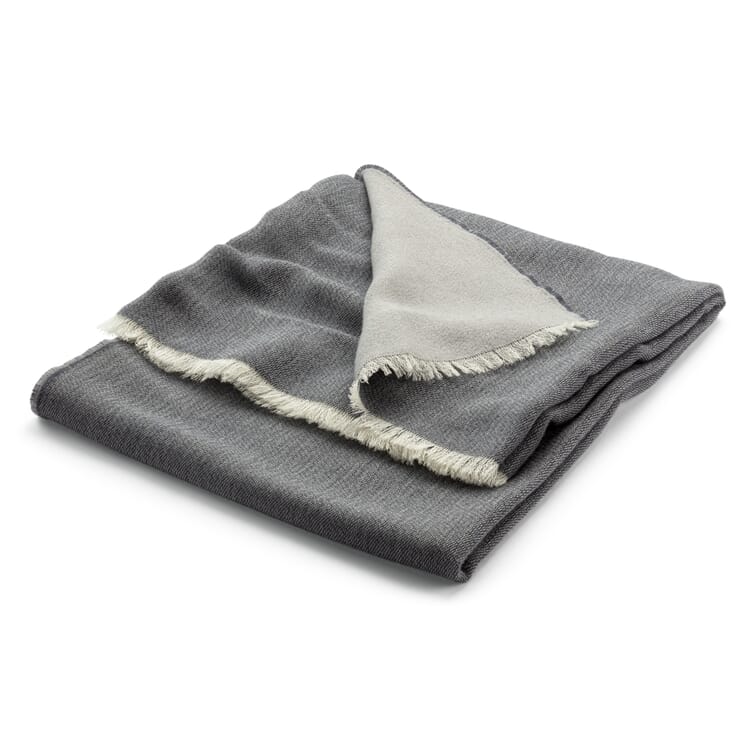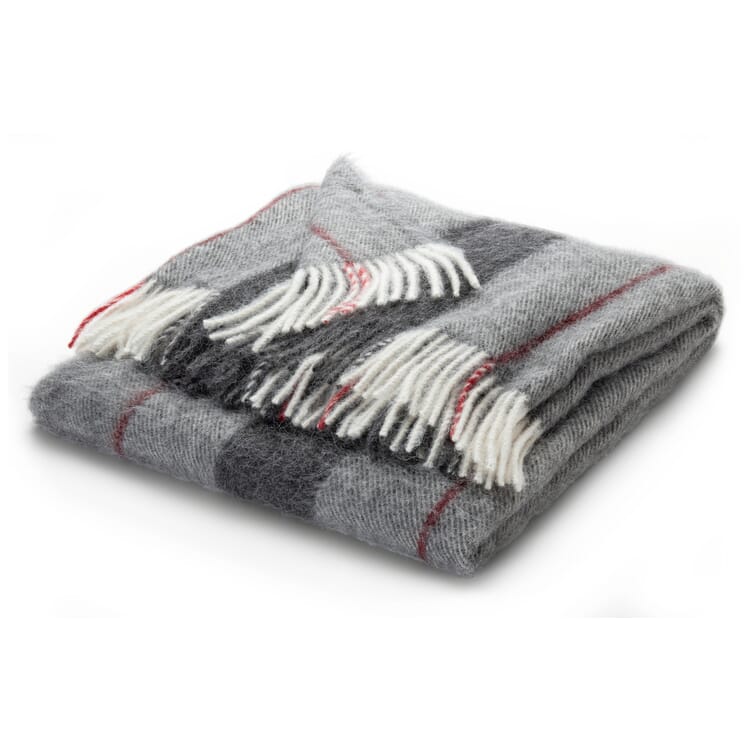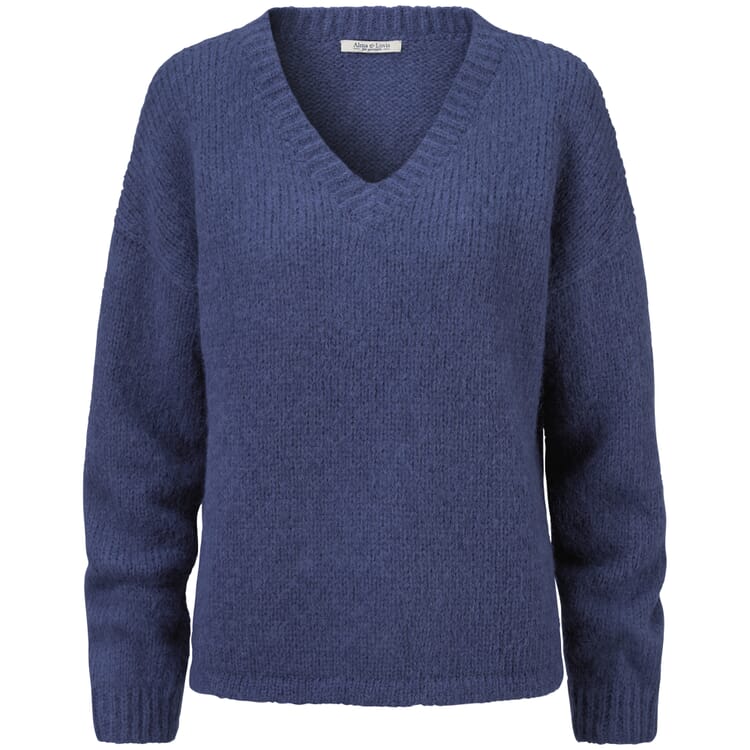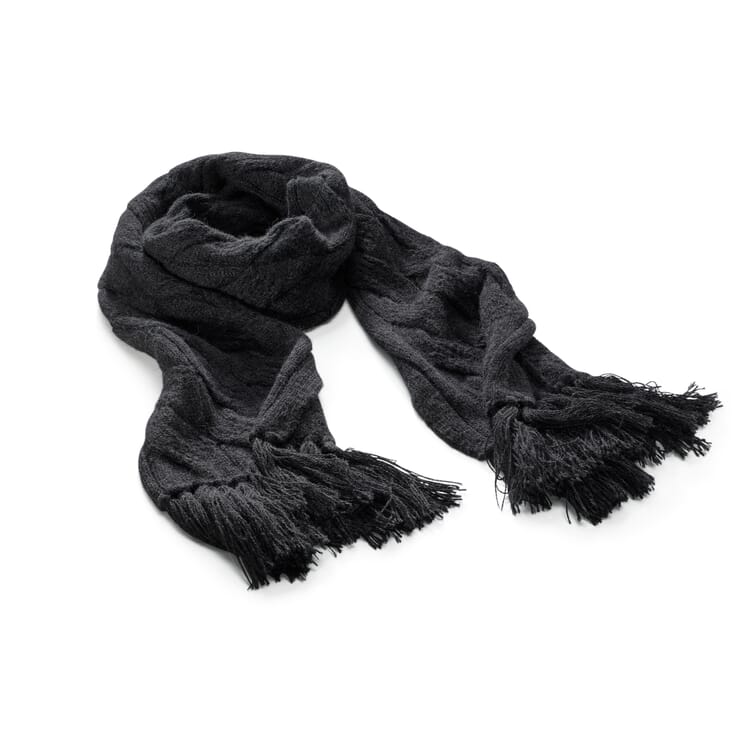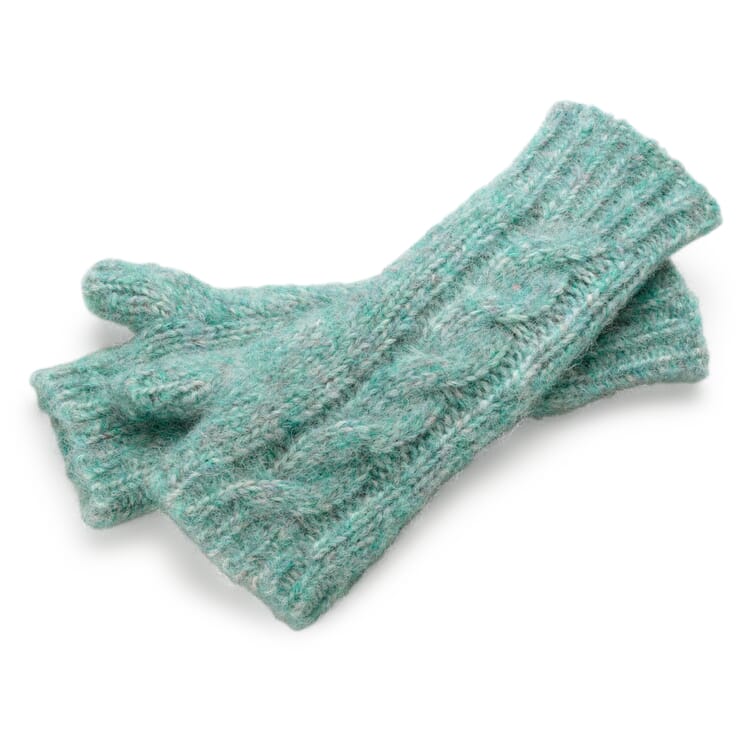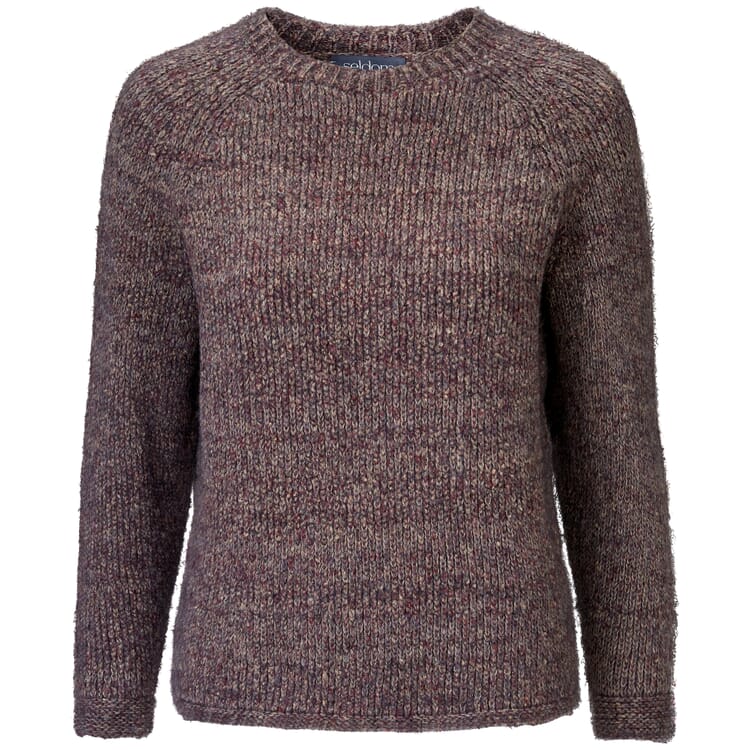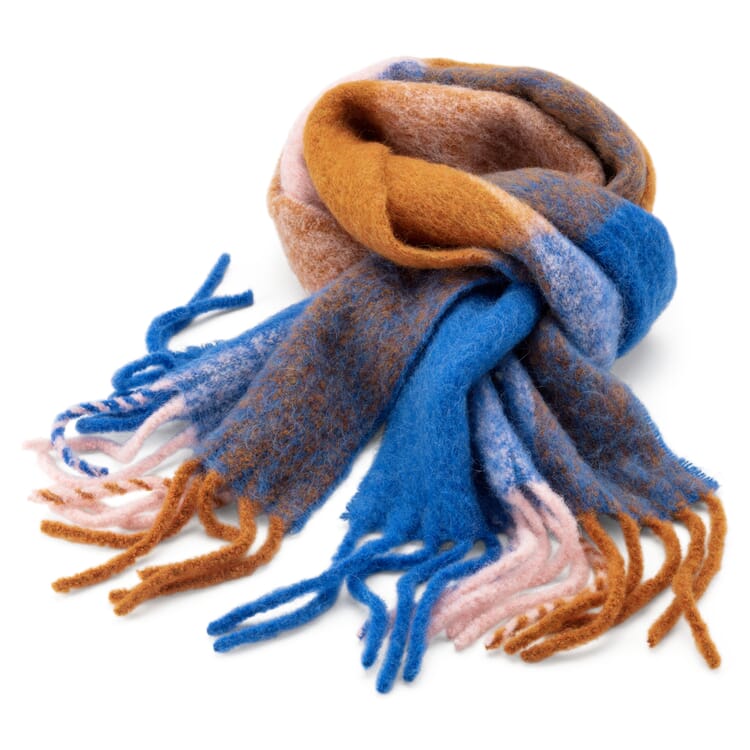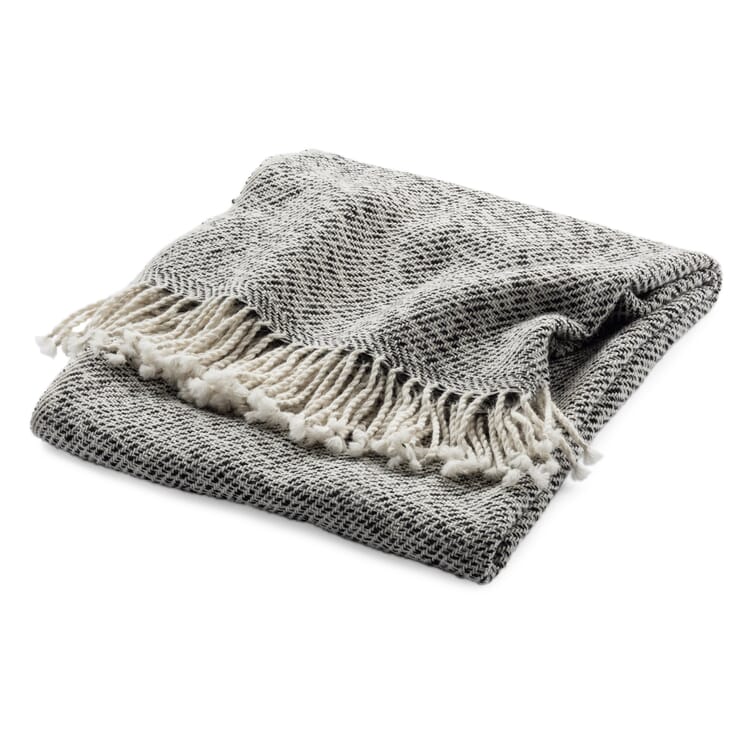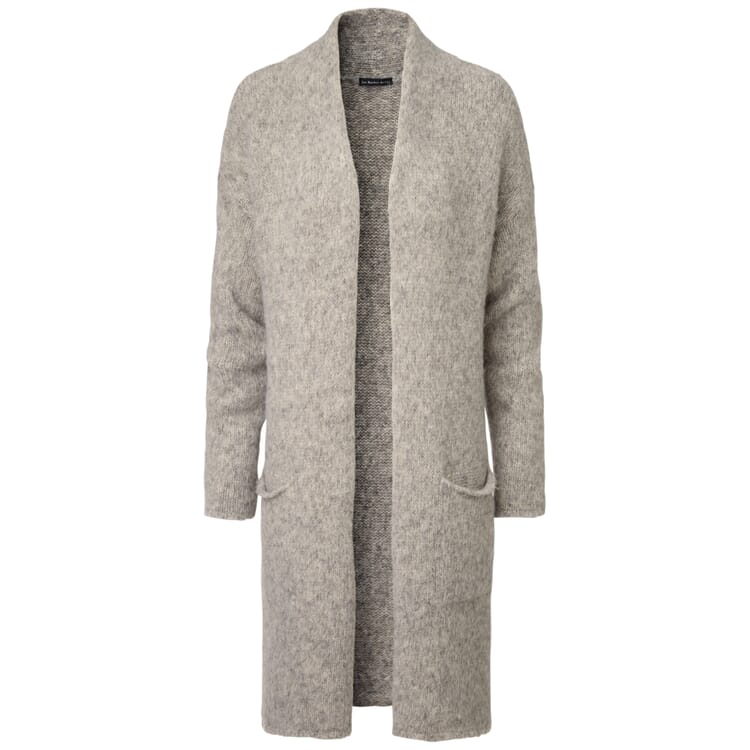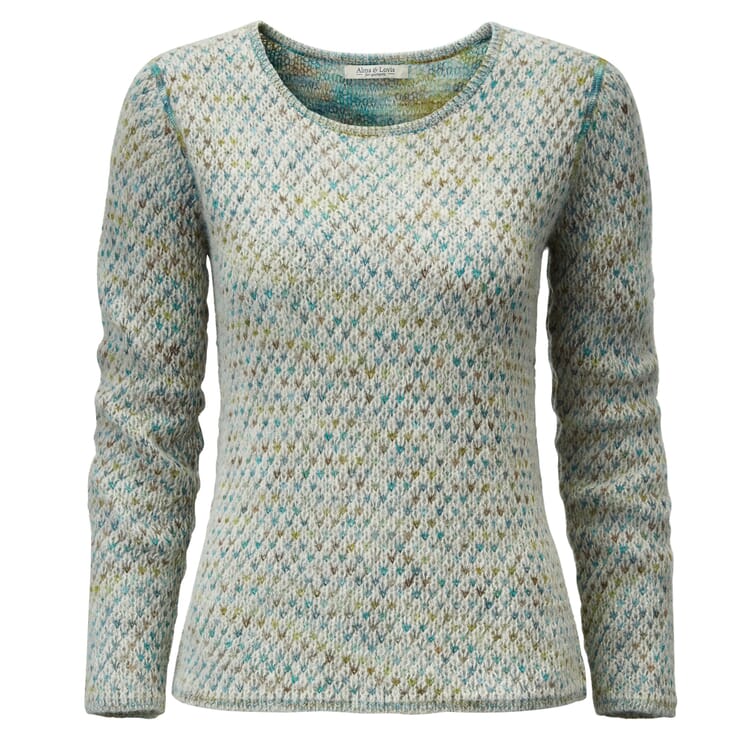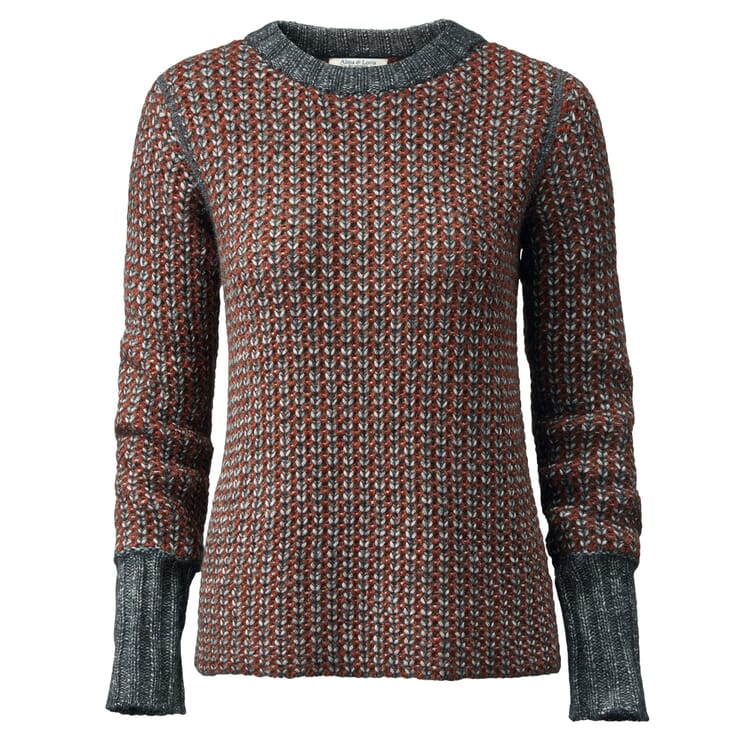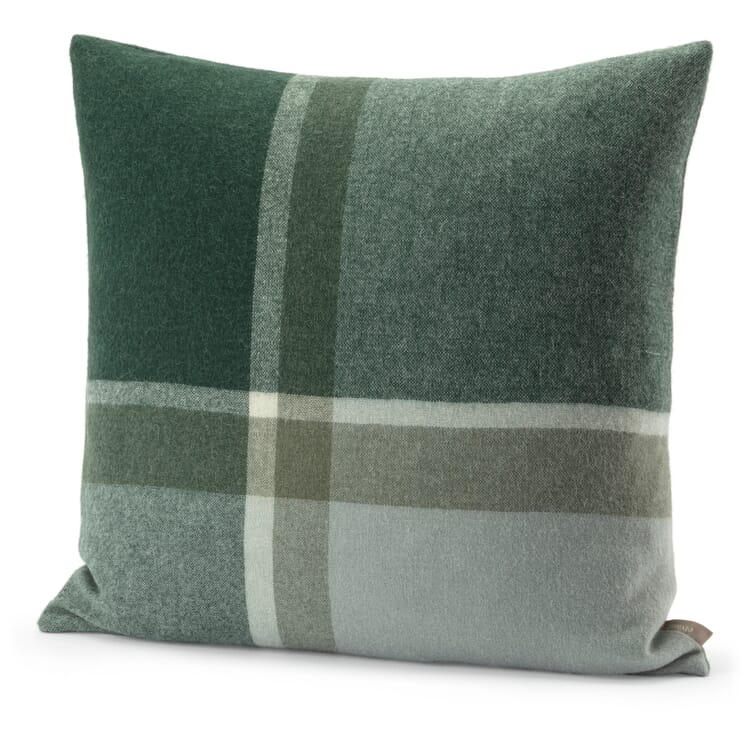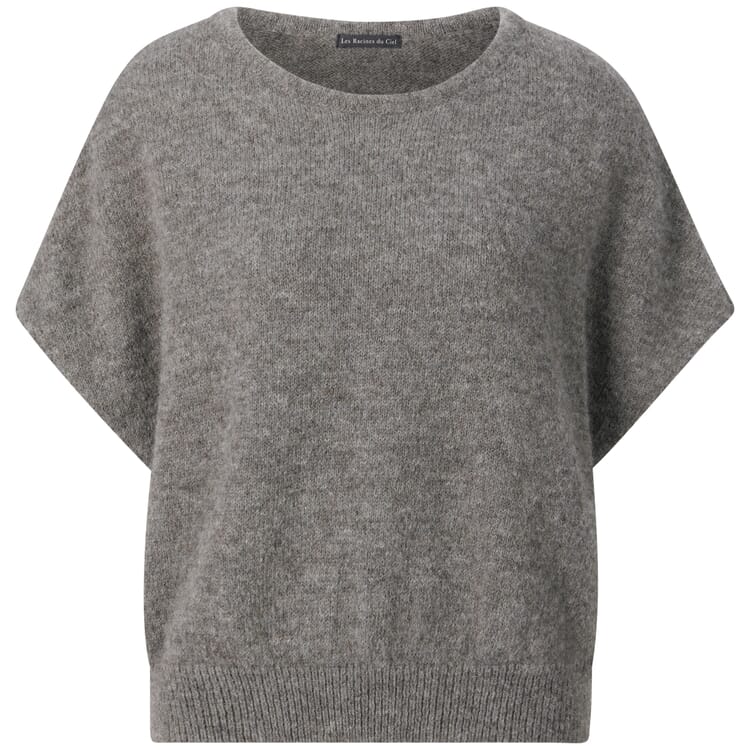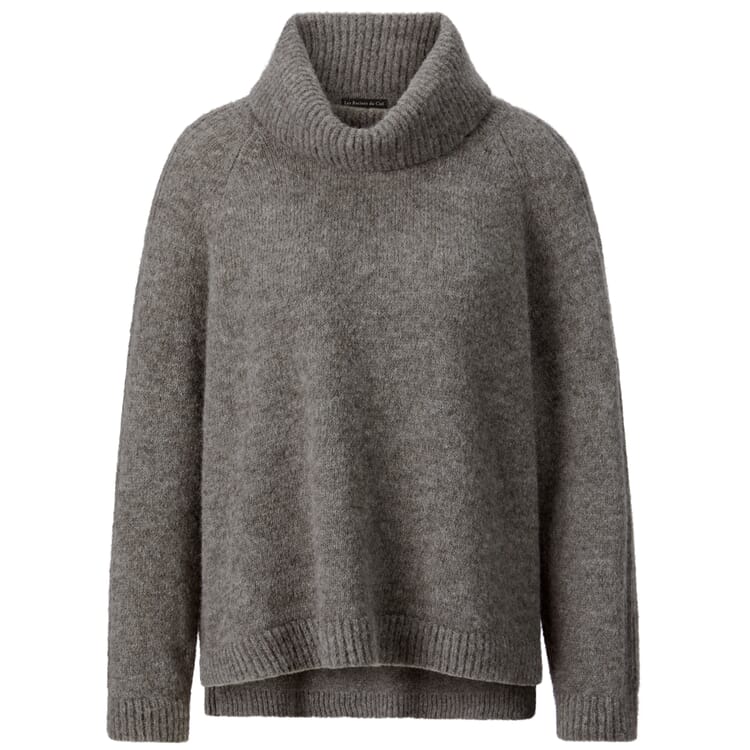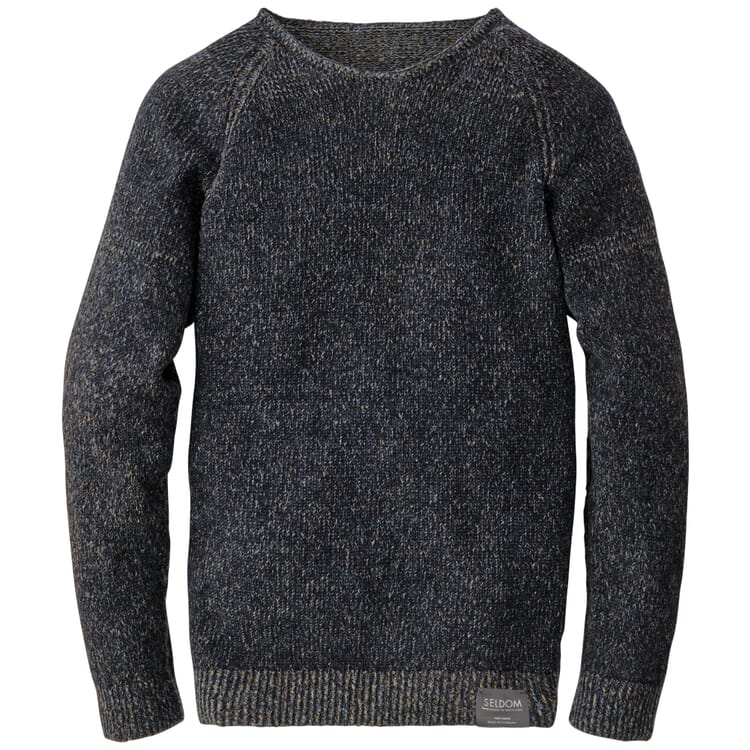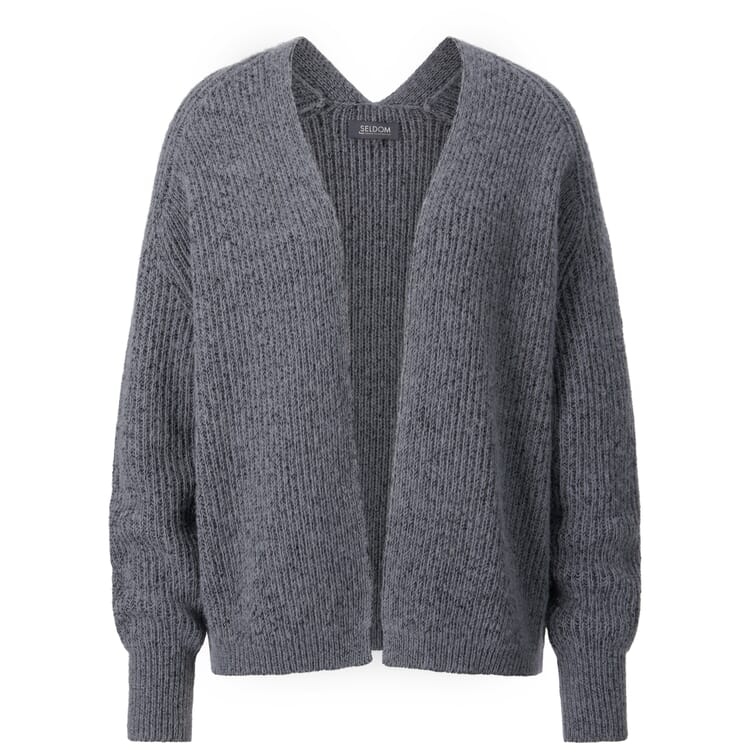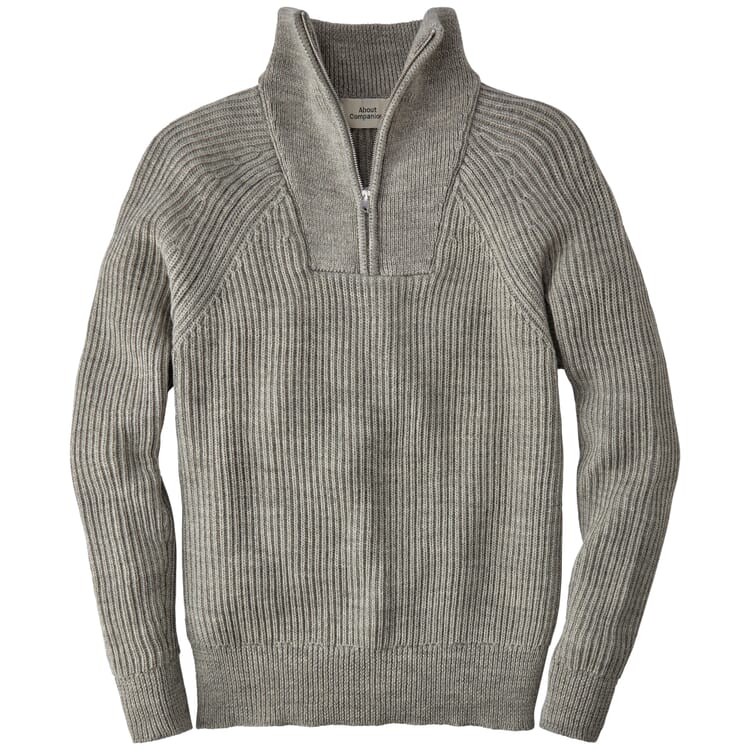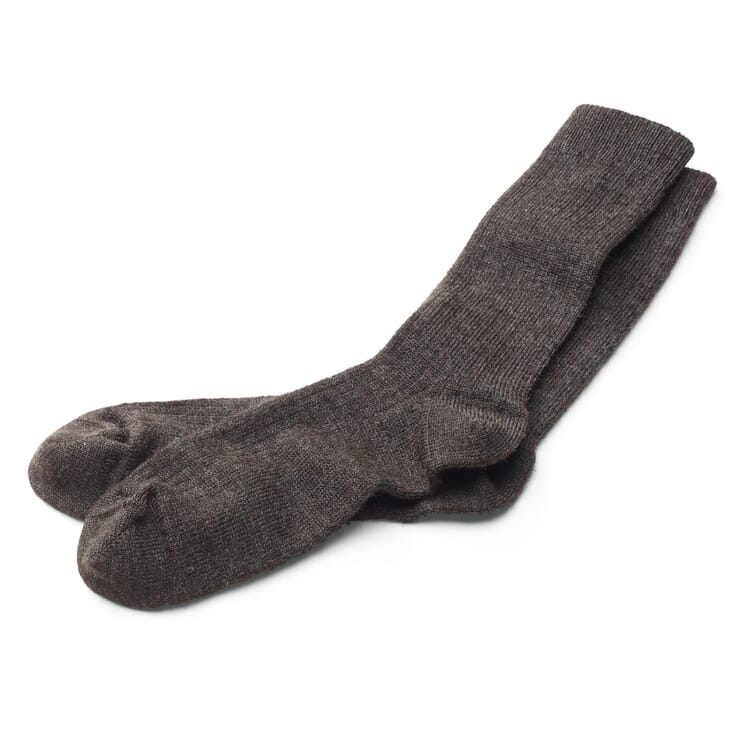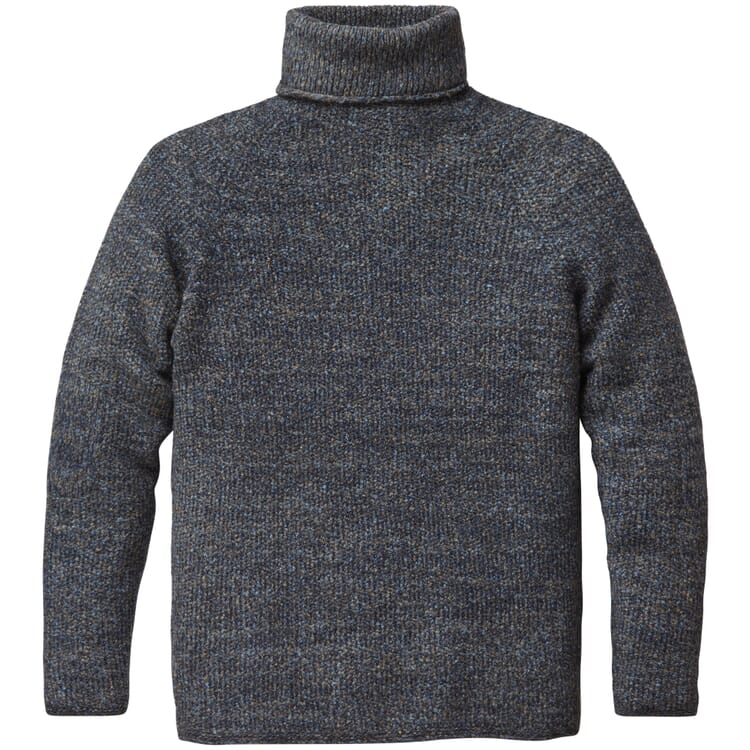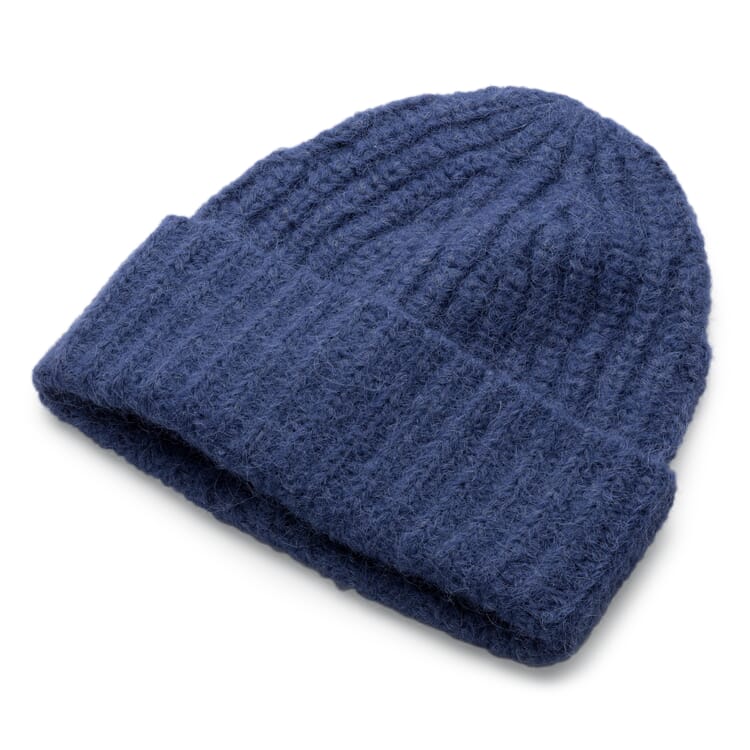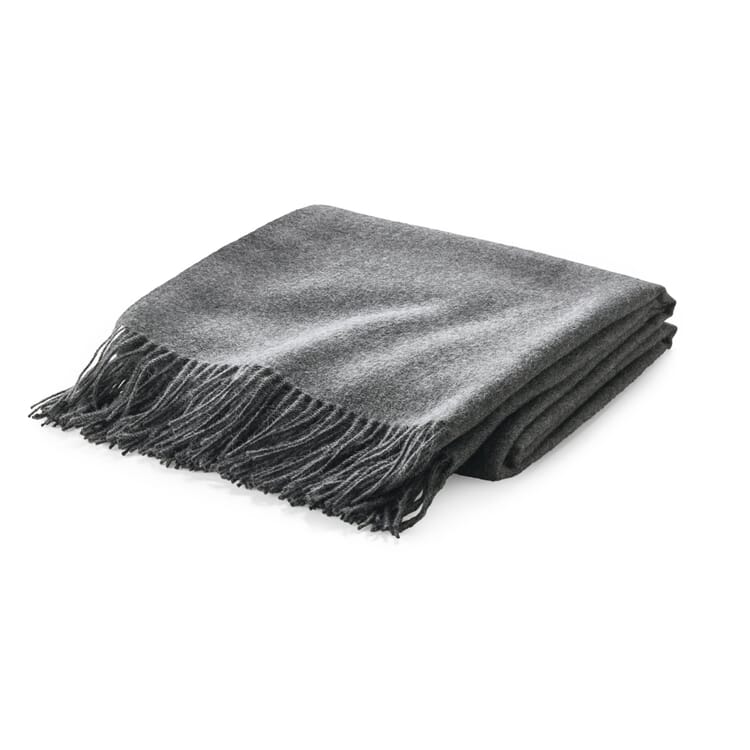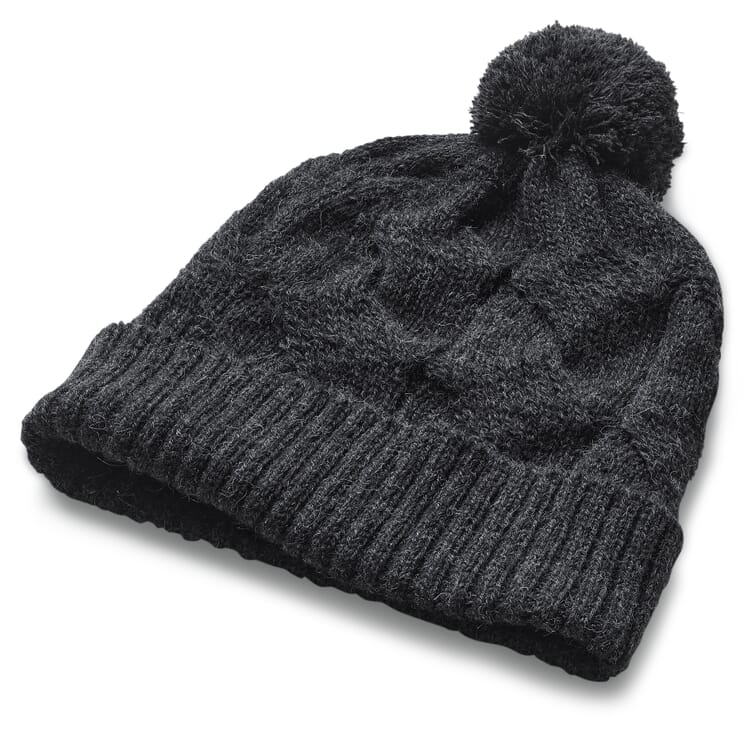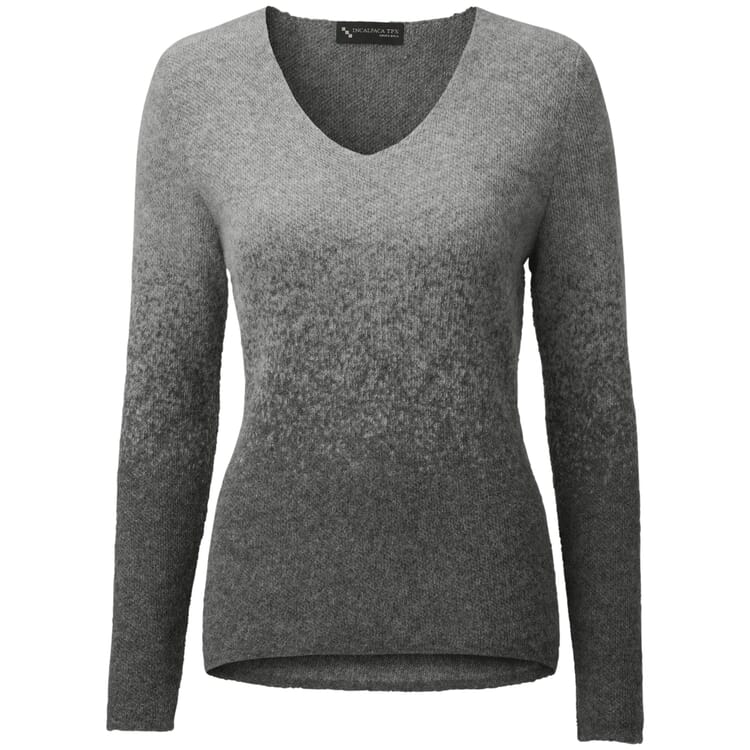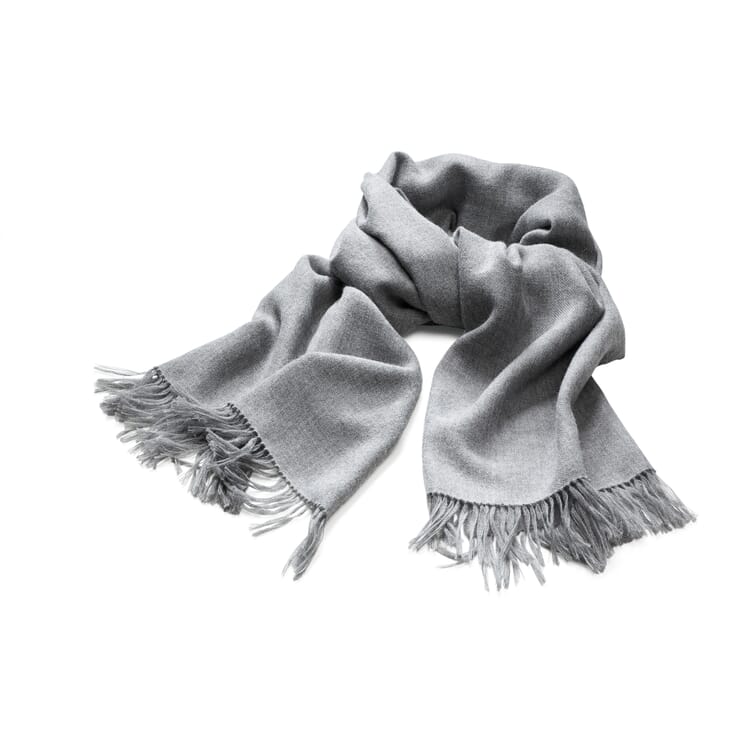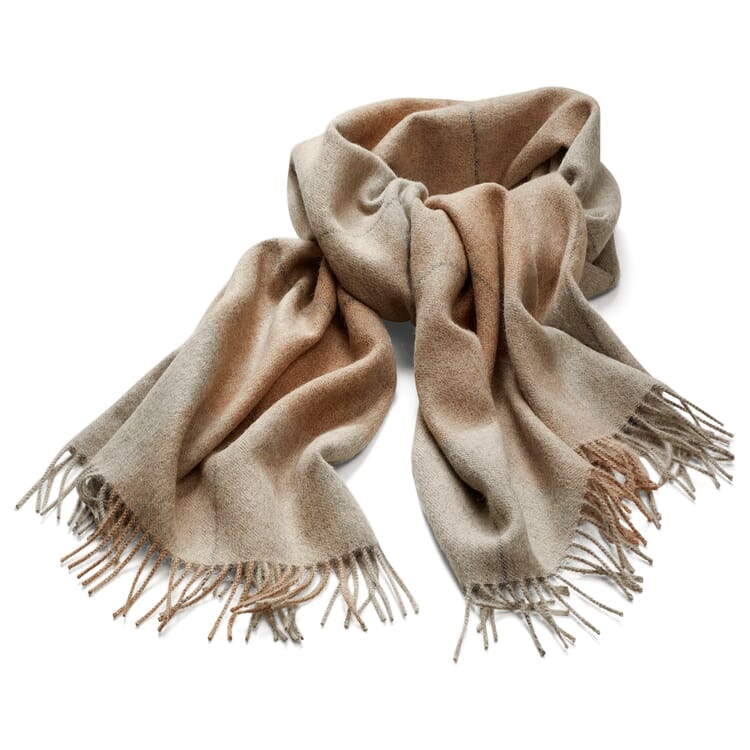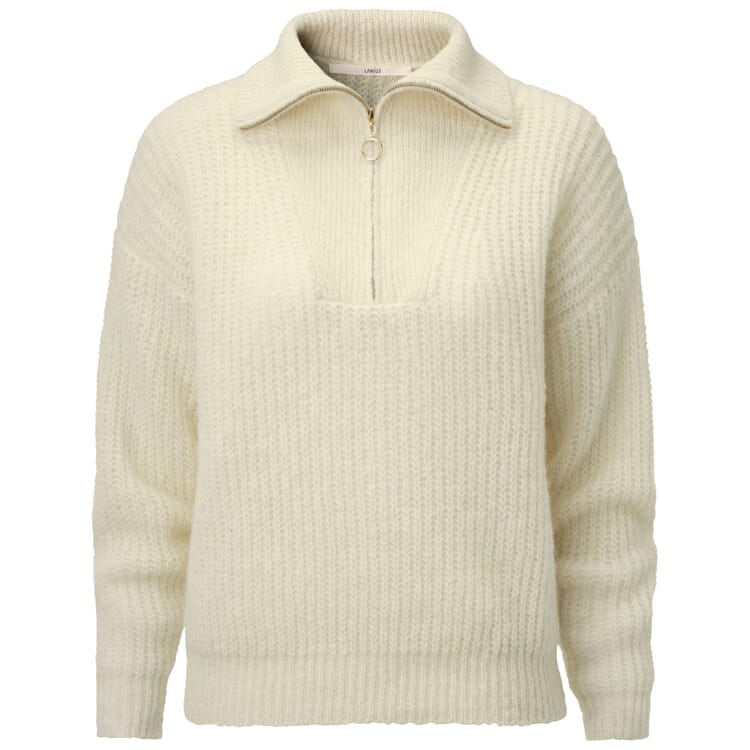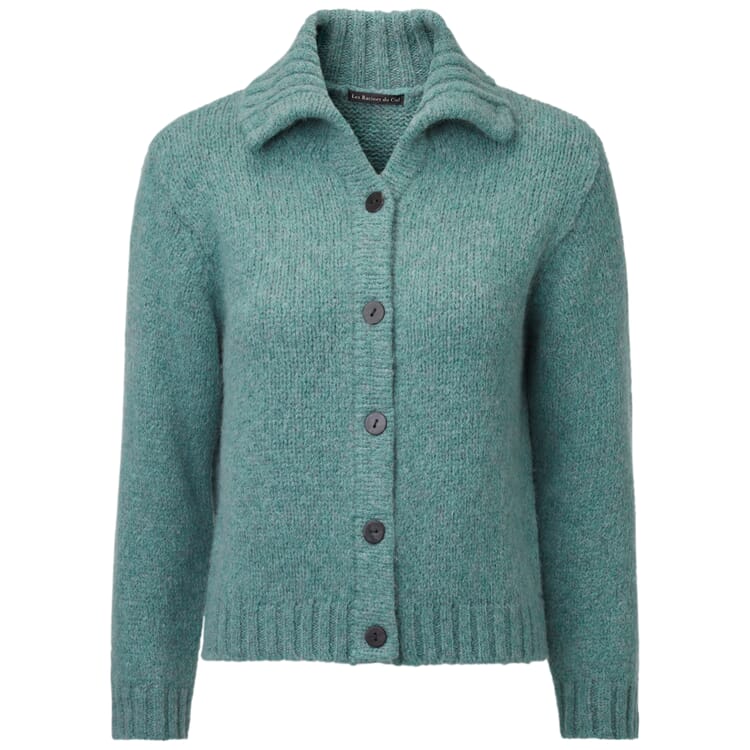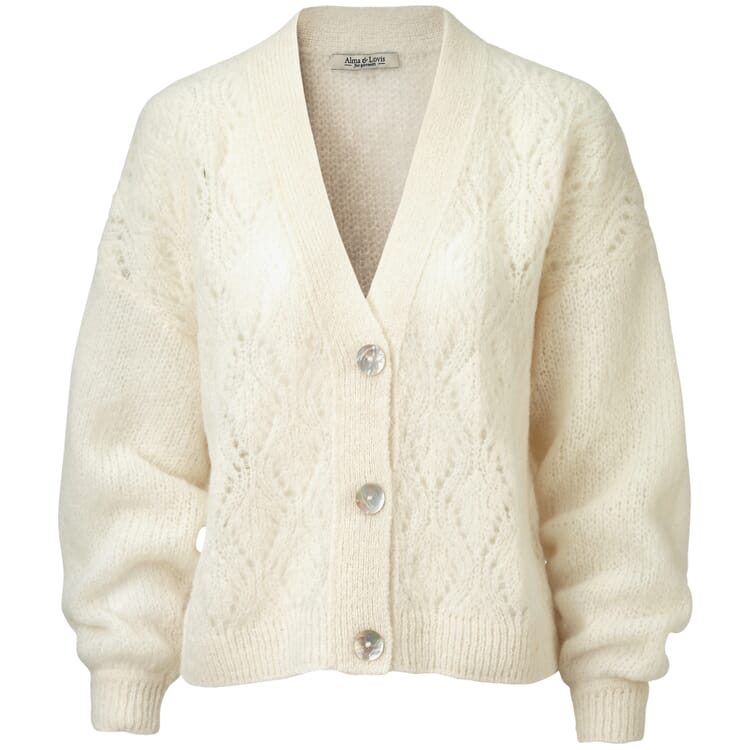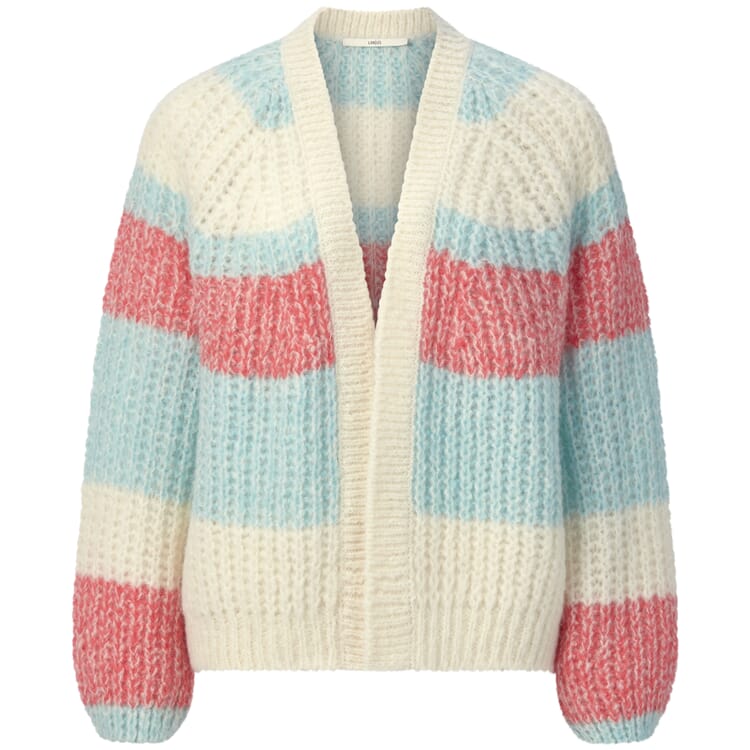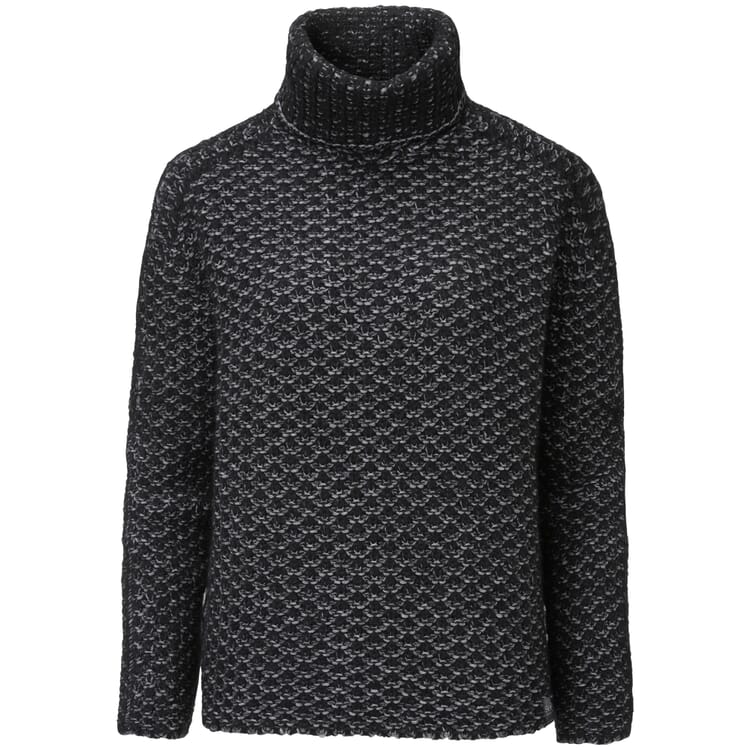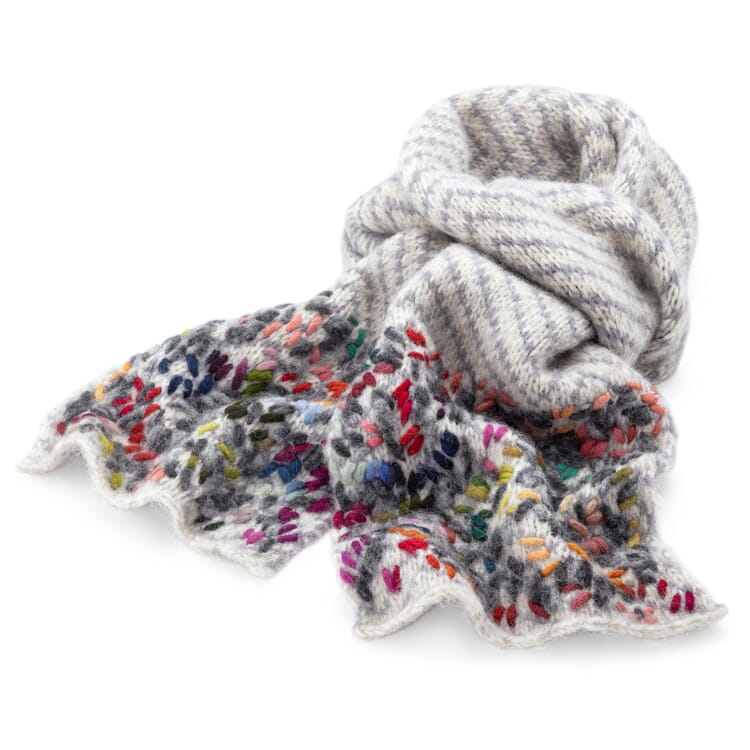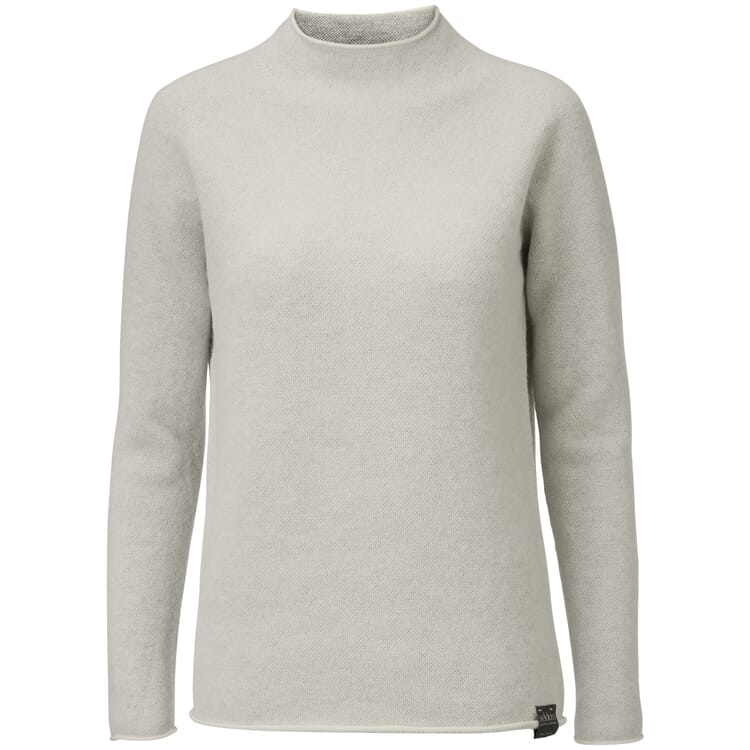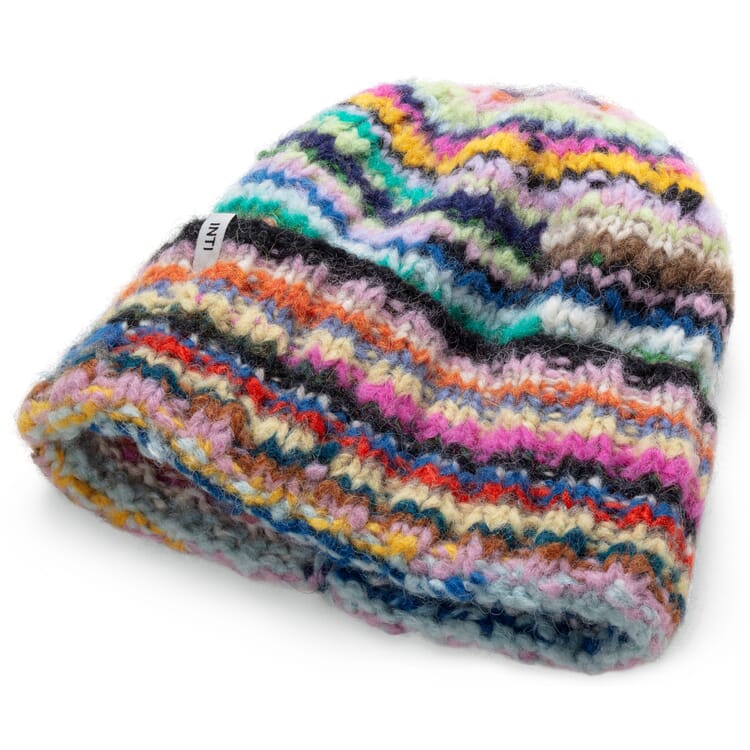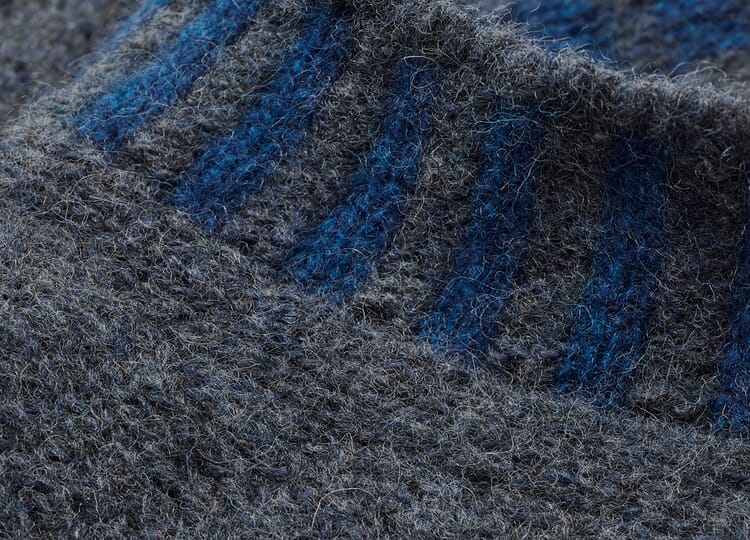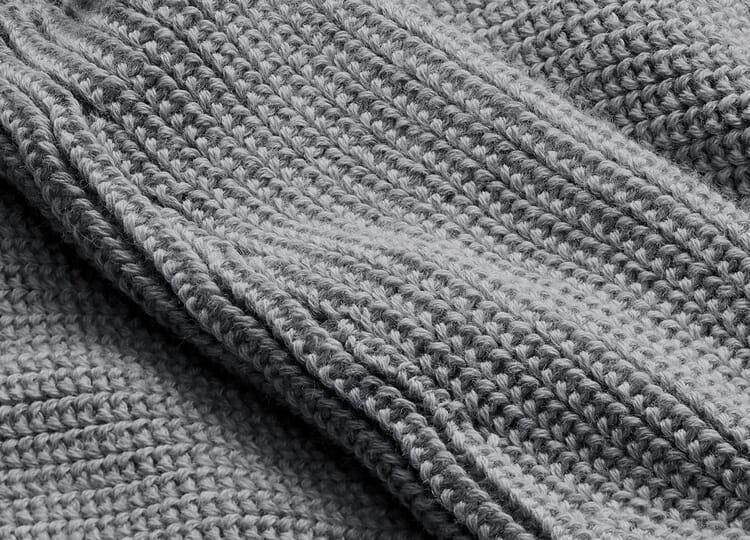- Maple wood
- Alpaca
- Bamboo wood
- Cotton
- Beech wood
- Douglas fir wood
- Oak wood
- Elastane
- Ash wood
- Tanning process
- Hemp fiber
- Deerskin
- Calfskin
- Cashmere
- Cherry wood
- Coconut fiber
- Larch wood
- Leather care
- Lefa
- Linen
- Merino wool
- Moleskin
- Nappa leather
- Walnut wood
- Horse leather
- Cow leather
- Robinia wood
- Virgin wool
- Shell Cordovan
- Silk
- Tencel™
- Suede
- Viscose
Material
Alpaca hair. The fleece of the gods
Alpacas are domesticated camels from the South American Andes, descended from the wild vicuñas. They are kept primarily for their outstanding quality hair. Due to the often extreme changes between cold nights and warm days in the high mountains, they have developed a coat of hollow fibers that has excellent heat-balancing properties. These are retained when the alpaca hair is spun and processed into woven or knitted fabrics - a real plus in terms of wearing comfort.
The properties of alpaca hair
Along with cashmere and silk, alpaca hair is one of the most precious and noble natural fibers. Even the Incas called it the "fleece of the gods". Alpaca hair is extraordinarily light, skin-friendly and supple. What makes this natural fiber so valuable is explained below:
- As a natural and renewable resource, alpaca hair is 100% biodegradable. The fiber is also particularly sustainable and environmentally friendly because alpacas, unlike many other farm animals, have extensive grazing land available to them. They feed on what the pasture landscape yields, and nature has enough time to regenerate.
- Alpaca hair is a particularly elastic as well as resistant and durable fiber, which makes products made of alpaca hair especially durable.
- The diameter of alpaca hair is very small and it has a smooth surface with close-fitting scales, which causes knits and fabrics made of alpaca to be not only very light, but also incredibly soft and silky-glossy. Royal Alpaca has the finest quality, with a fineness of less than 19 microns, followed by Baby Alpaca (between 19 and 22 microns) and Superfine Alpaca (between 23 and 26 microns). Baby alpaca, by the way, does not always come from young animals; adult animals can also have this fine hair.
- Alpaca hair is considered particularly allergy friendly because it contains almost no lanolin: This substance can trigger a contact allergy in some people. The low proportion of wool fat also ensures that fewer odor-causing bacteria can settle.
- Blankets and clothing made of alpaca provide a comfortable climate in summer and winter. Because the alpaca hair is hollow on the inside, the body heat can be stored at low temperatures, while at higher temperatures the heat is released to the outside.
Since alpaca fiber is naturally dirt-repellent and odor-inhibiting, textiles made of alpaca do not need to be washed so often. Usually it is enough to air them in the fresh air, preferably a little damp. If the garment is washable, hand wash with a mild wool detergent is recommended.
Selected products with alpaca
Recommended Topics
Warming in winter, cooling in summer - virgin wool is a convincing natural fiber. However, it may be called such only if it was obtained by shearing live animals - which makes it of higher quality. The wool of merino sheep is considered to be of particularly high quality, as these animals have very fine wool hairs, which are extremely pleasant to the skin.
View moreIt warms in winter, is pleasantly cool in summer, and flatters the skin - merino wool is a unique, sustainable natural product with numerous highly functional properties. The extremely fine virgin wool comes from merino sheep, which are among the oldest and most resilient sheep breeds in the world. Their original home is the mountainous regions of North Africa. There they have to withstand sometimes extreme temperature differences
View more
